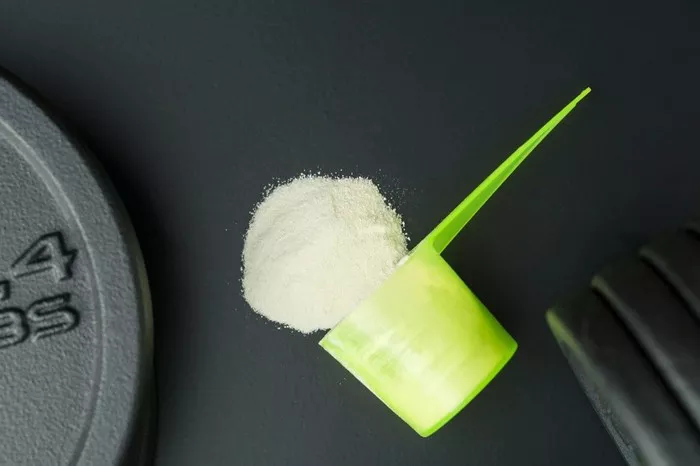In the realm of fitness and nutrition, the timing of nutrient intake, particularly protein consumption, is often a topic of debate and speculation. One common belief is that consuming protein within 30 minutes after a workout is essential for muscle recovery and growth. But is there scientific evidence to support this claim? In this comprehensive article, we will explore the role of protein in post-workout nutrition, examine the validity of the “30-minute window,” and provide evidence-based recommendations for optimizing muscle recovery and performance.
Understanding Protein and Muscle Recovery
Protein is a macronutrient comprised of amino acids, the building blocks of muscle tissue. During exercise, especially resistance training or high-intensity workouts, muscle fibers undergo microscopic damage and breakdown. Consuming protein after a workout provides the body with the necessary amino acids to repair and rebuild damaged muscle tissue, leading to muscle recovery and growth over time.
The Myth of the 30-Minute Window
The concept of the “anabolic window,” often referred to as the “30-minute window,” suggests that there is a narrow window of time immediately after exercise during which consuming protein is most effective for muscle recovery and growth. Proponents of this theory argue that delaying protein intake beyond this window may diminish its benefits.
However, recent research has challenged the notion of the 30-minute window, suggesting that the timing of protein consumption may be less critical than previously believed. Several studies have shown that muscle protein synthesis (the process by which muscle fibers are repaired and rebuilt) remains elevated for several hours after exercise, indicating that the body can effectively utilize dietary protein for muscle recovery beyond the immediate post-workout period.
Factors Influencing Protein Timing
While the 30-minute window may not be as crucial as once thought, several factors can influence the timing and effectiveness of post-workout protein consumption:
Protein Quality: The quality of protein sources can impact muscle protein synthesis rates. High-quality protein sources, such as whey protein, contain all essential amino acids in optimal proportions, making them particularly effective for muscle recovery.
Protein Quantity: Consuming an adequate amount of protein post-workout is essential for maximizing muscle recovery and growth. The recommended protein intake varies depending on factors such as body weight, fitness goals, and workout intensity, but a general guideline is to consume 20-30 grams of protein within a few hours after exercise.
Meal Timing: While immediate post-workout protein consumption may not be critical, spreading protein intake evenly throughout the day can support muscle recovery and maintenance. Aim to include protein-rich foods in each meal and snack to ensure a steady supply of amino acids for muscle repair and growth.
Individual Differences: Individual factors such as age, gender, fitness level, and training status can influence protein metabolism and the body’s response to exercise. Experimentation may be necessary to determine the optimal timing and amount of protein for individual needs.
Practical Recommendations for Post-Workout Nutrition
Based on current research and evidence, the following recommendations can help optimize post-workout nutrition for muscle recovery and performance:
Consume Protein-Rich Foods: Choose protein-rich foods such as lean meats, poultry, fish, eggs, dairy products, legumes, and tofu as part of your post-workout meal or snack.
Include Carbohydrates: Pairing protein with carbohydrates can enhance muscle glycogen replenishment and promote recovery. Opt for complex carbohydrates such as whole grains, fruits, and vegetables to provide sustained energy and support muscle recovery.
Hydrate Properly: Hydration is essential for optimal exercise performance and recovery. Drink plenty of water before, during, and after workouts to replace fluids lost through sweat and support nutrient delivery to muscles.
Listen to Your Body: Pay attention to hunger cues and individual preferences when planning post-workout meals and snacks. Experiment with different protein sources, meal timings, and combinations to find what works best for you.
Focus on Overall Nutrition: While post-workout nutrition is important, it’s just one piece of the puzzle. Prioritize overall nutrition, including a balanced diet rich in fruits, vegetables, whole grains, healthy fats, and lean proteins, to support long-term health and fitness goals.
Conclusion
In conclusion, while the idea of consuming protein within 30 minutes after a workout has been popularized in the fitness community, current research suggests that the timing of post-workout protein consumption may be less critical than previously believed. While immediate protein intake may still offer benefits, the body’s ability to utilize dietary protein for muscle recovery extends beyond the immediate post-exercise period. By focusing on overall nutrition, including adequate protein intake spread throughout the day, individuals can support muscle recovery, performance, and overall health effectively. Remember to listen to your body, experiment with different approaches, and consult with a qualified nutrition professional or fitness expert for personalized guidance.
[inline_related_posts title=”You Might Be Interested In” title_align=”left” style=”list” number=”6″ align=”none” ids=”7326,7323,7255″ by=”categories” orderby=”rand” order=”DESC” hide_thumb=”no” thumb_right=”no” views=”no” date=”yes” grid_columns=”2″ post_type=”” tax=””]































